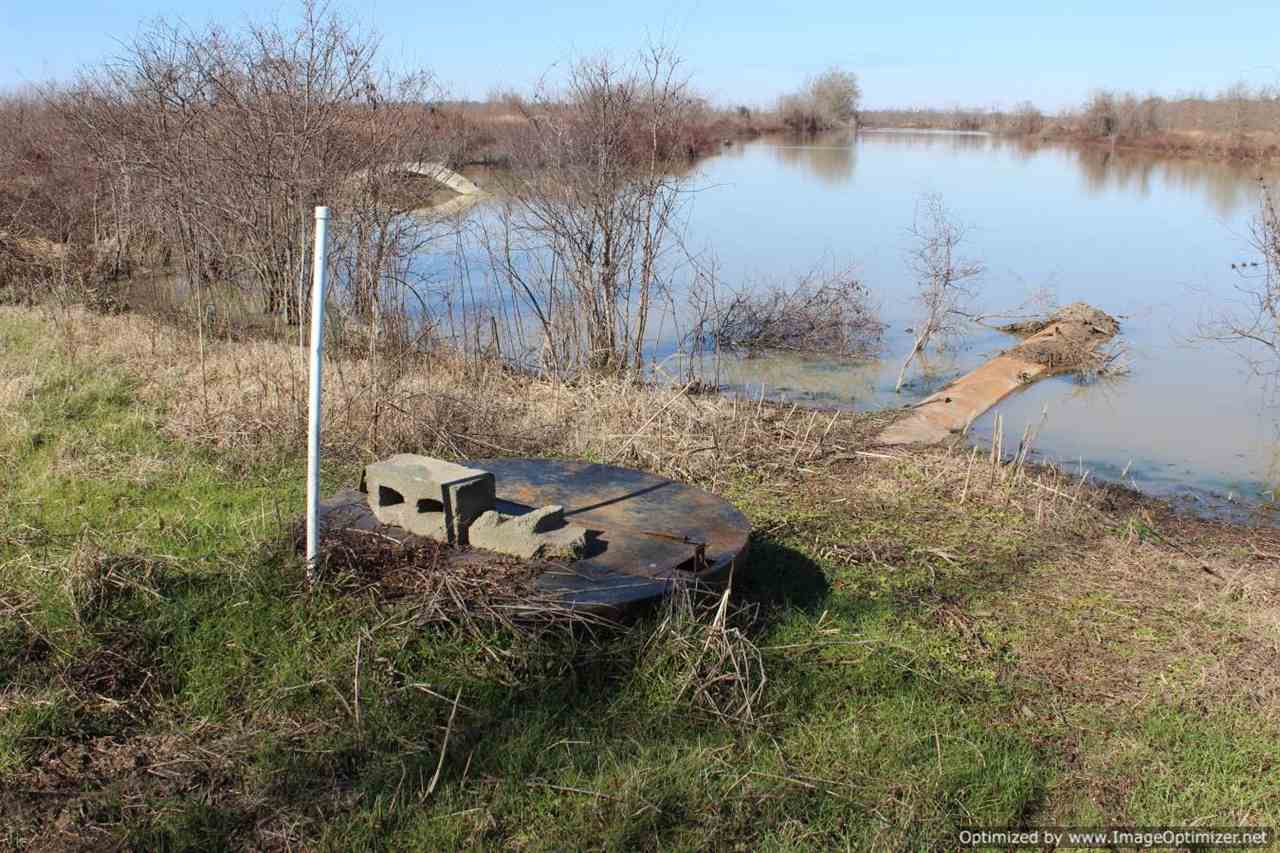Get to know about land for sale in the ms delta.

The Delta is home to North America’s largest wetland area and bottomland hardwood forest, and the continent’s most important bird and waterfowl migration corridor. Cultural traditions in the Delta are as varied as its natural riches. This is a land where you can Find Property as convergent civilizations, with a history, prehistory, and cultural expression unparalleled in its richness and density.
The Delta attracts millions of visitors each year, generating approximately $17 billion in direct revenue for counties and parishes. Travel-related jobs account for about 300,000 employees, with over $3 billion in total payrolls. One way to boost the Delta’s economy is through heritage tourism development, which aims to increase and reinvigorate urban and rural economic development potential through preserving, managing, and using natural, historical, cultural, and recreational resources.
The Lower Mississippi Delta Region Heritage Study, Volume II, is a follow-up to Volume I, published to the public in March 1998. Together, the volumes constitute one of the National Park Service’s answers to Congress’s passage of Title XI — Mississippi Delta Region Initiatives in 1994.
Essential things you should know about the Mississippi delta
Volume I provides background information on the research area, legislative mandates, principles, and management options for Delta’s heritage resources conservation, management, and use. This second book offers an overview of the Delta’s cultural and historical, ecological, recreational, and economic resources and an examination of more than 2,000 resources that are currently being protected and used or may offer future chances to bring people to the Delta. The descriptions and analyses in the appendix tables provide a database of information that can be used to guide people interested in building heritage tourism initiatives in the Delta.
Although the resource tables appear comprehensive, they do not include all of the Delta’s cultural, natural, or historical treasures. Instead, they reflect a cross-section of the region’s heritage treasures, varied and richly textured. To realize the full potential of heritage tourism opportunities indicated by these different resources and to assure the participation of all interested parties and places, collaborative efforts between local communities, businesses, and governments will be required.
Final thoughts
Along with the resource analysis, this book includes a thorough list of national natural sites, national historic landmarks, historic districts, and some of the Delta’s recreational opportunities. The Lower Mississippi Delta Region Heritage Study’s two volumes are designed to be utilized together. They provide some insight into the social, political, and ecological settings of this unique section of the country.
The volumes together form a foundation for Congress to decide future planning and implementation methods for heritage preservation and heritage tourism activities in the Delta. The names of cities and towns along the Mississippi River reflect the diversity of the region’s heritage: Ste. Genevieve, Kaskaskia, Altenburg, Wittenburg, Cape Girardeau, Cairo, Hickman, Helena, Memphis, Vicksburg, Natchez, Baton Rouge, New Orleans, and Venice. The Mississippi River and its abundance supported the region’s initial occupants, the Indians, and drew people from all over the world over the years.




:max_bytes(150000):strip_icc()/GettyImages-559025517-2000-b3bece30a9074ec3958a4d39f69f2a79.jpg)


